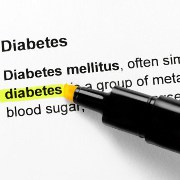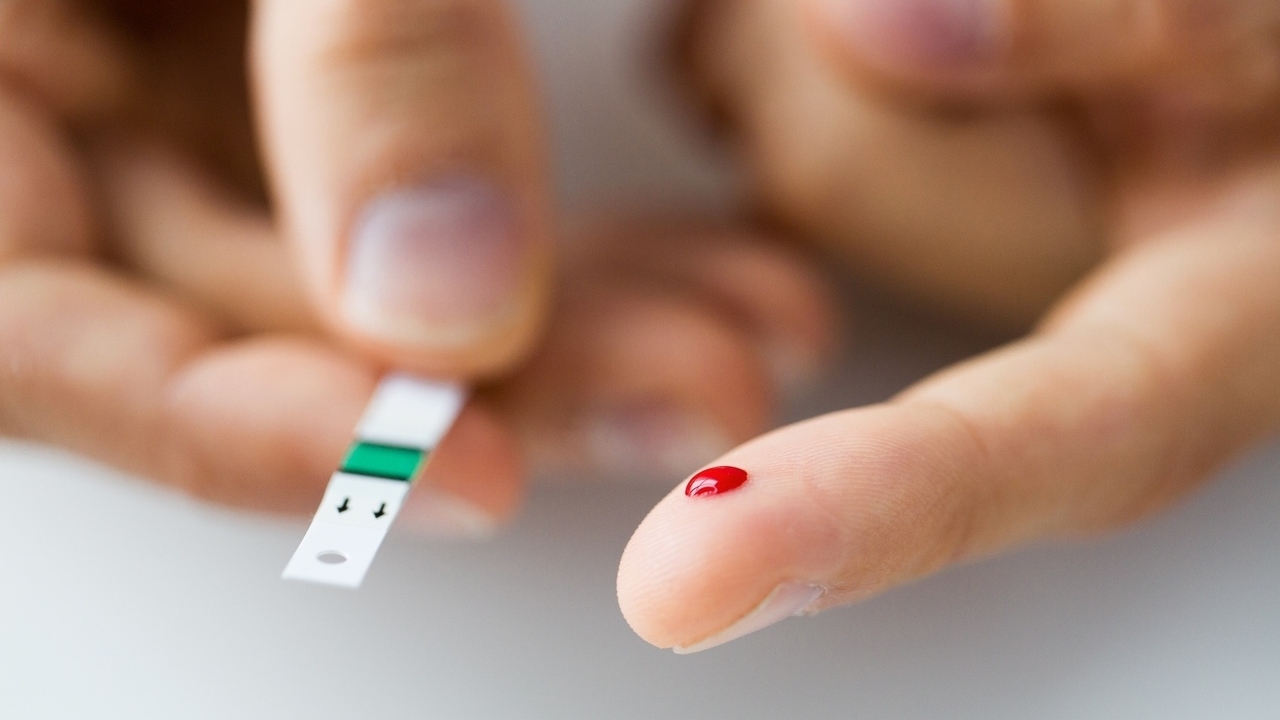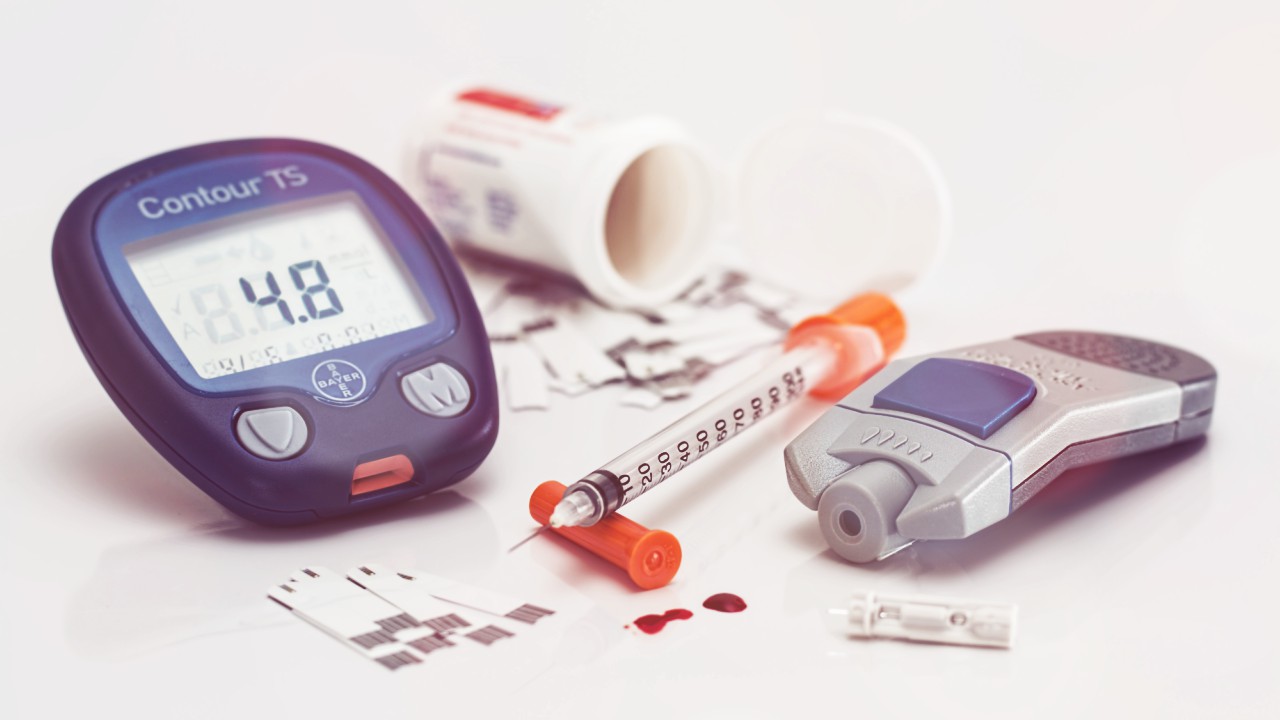 Photo: Getty Images
Photo: Getty Images
In the United States, about 8.3 percent of the population — or 25.8 million adults and children — have diabetes. About 18.8 million are diagnosed, while 7 million have not been diagnosed, according to the American Diabetes Association.
There are two types of diabetes: type 1 diabetes and type 2 diabetes. While both conditions involve high levels of blood glucose, there are several differences that separate the two conditions.
With type 1 diabetes, the high levels of blood glucose result from beta cells in the pancreas not functioning properly. Normally, the beta cells produce insulin, which moves glucose into the cells, where the cells can later use it for energy. But in patients with type 1 diabetes, the beta cells either produce no insulin or little insulin, resulting in glucose building up in the bloodstream.
While the cause of type 1 diabetes is not known, MedlinePlus noted that it is most likely an autoimmune disorder. Type 1 diabetes can be diagnosed at any time in a person’s life, though diagnosis is more common among children, adolescents or young adults.
With type 2 diabetes, patients have insulin resistance — their muscle cells, fat and liver do not respond to insulin correctly, resulting in the glucose not being moved into cells. Several factors can increase a person’s risk of developing type 2 diabetes.
For example, people with triglyceride levels of 250 mg/dL or greater, blood pressure of 140/90 mmHG, or HDL cholesterol levels of 35 mg/dL have a greater risk of developing type 2 diabetes. Women who had diabetes during a pregnancy (gestational diabetes), gave birth to a baby who weighed more than nine pounds, or have polycystic ovarian syndrome also have a higher risk.
Other risk factors for type 2 diabetes include being over age 45, having excessive body fat, metabolic syndrome, acanthosis nigricans, impaired glucose intolerance, low activity level or a family history of diabetes.
When a patient with type 1 diabetes first has symptoms, she may urinate more, lose weight without trying or feel tired. She may also feel hungry or thirsty, lose feeling in her feet, or have blurry eyesight.
MedlinePlus noted that some people may have warning symptoms as their first signs, which include stomach pain, rapid breathing, nausea, vomiting, dry skin and mouth, flushed face and a fruity breath odor.
With a type 2 diabetes patient, her first symptoms can include blurred vision, pain or numbness in her hands or feet. In male patients, they may experience erectile dysfunction.
References
American Diabetes Association. Diabetes Statistics. Web. 28 September 2011
http://www.diabetes.org/diabetes-basics/diabetes-statistics/
MedlinePlus Medical Encyclopedia. Type 2 Diabetes – Risk Factors. Web. 28 September 2011
http://www.nlm.nih.gov/medlineplus/ency/article/002072.htm
MedlinePlus Medical Encyclopedia. Type 1 Diabetes. Web. 28 September 2011
http://www.nlm.nih.gov/medlineplus/ency/article/000305.htm
MedlinePlus Medical Encyclopedia. Type 2 Diabetes. Web. 28 September 2011
http://www.nlm.nih.gov/medlineplus/ency/article/000313.htm
Reviewed September 29, 2011
by Michele Blacksberg RN
Edited by Jody Smith





Add a Comment1 Comments
No one has to live with Diabetes Type 2 or take medications for it
REVERSING DIABETES IN PEOPLE AND PETS:
Diabetes has already been reversed for over 20,000 people, it is the drug makers who hid the story.
The Anti Obesity drug makers and diabetes drug makers take in 10 billion$$$$ every year with no cure but you do not need their drugs.
There is no need for any “drug” for Type 2 Diabetes. The drugs cause direct heart attacks. Diabetes is being reversed without medications with a specialized diet
CLICK HERE http://spirithappy.org/wp/2011/09/14/diabetes-now-kills-4-6-million-every-year-diabetic-overweight-or-thin-the-illness-is-taking-lives/
September 29, 2011 - 7:31amThis Comment